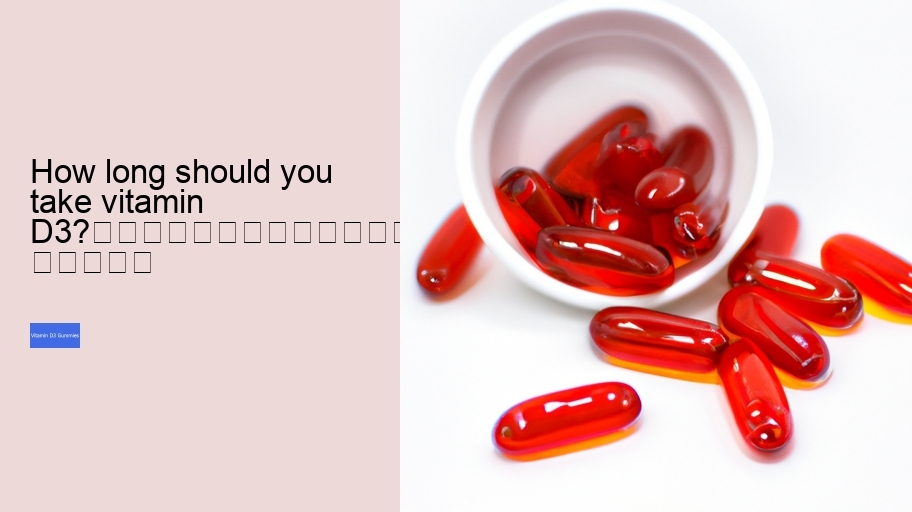
From bone health to immune function, its influence is far-reaching.
Vitamin D3 may play a role in weight management by helping the body absorb calcium, but it is not a direct weight loss or weight gain supplement. Adequate vitamin D levels are important for overall health, including maintaining a healthy body weight.
Excessive intake of vitamin D3 can lead to toxicity, resulting in symptoms like nausea, vomiting, and kidney problems. Staying within recommended daily limits is crucial to avoid potential harm.
For most adults, a daily intake of 600-800 IU of vitamin D3 is considered safe and sufficient to meet the body's needs. However, individual requirements may vary, so it's advisable to consult with a healthcare professional to determine the right dose for your specific circumstances.
Vitamin D3 plays a role in overall well-being, and deficiency can lead to fatigue, but it doesn't directly provide energy boosts like caffeine. Maintaining adequate levels may support overall vitality and reduce feelings of tiredness.
Vitamin D3 supplementation may be considered as part of a comprehensive approach to managing depression, especially if deficiency is a contributing factor, but it is not a standalone treatment for clinical depression, and professional guidance is essential.
Vitamin D3 is a specific form of vitamin D, often considered the active and more beneficial form for supplementation. Vitamin D can refer to either D2 (ergocalciferol) or D3 (cholecalciferol), with D3 being preferred for most purposes.
The frequency of vitamin D3 supplementation depends on your individual needs and healthcare provider recommendations. It can range from daily to weekly, with dosing schedules tailored to your specific circumstances.
Vitamin D3 can influence mood regulation, and addressing deficiency may help alleviate symptoms of low mood. However, it's not a guaranteed mood changer, and its effects on mood can vary among individuals.
Cholecalciferol (D3) is generally the preferred form of vitamin D for supplementation, as it is more effective at raising blood levels of the vitamin and is widely available in supplements.
Vitamin D3 gummies can be effective when used as directed, providing a convenient and enjoyable way to supplement your vitamin D intake. Their effectiveness depends on proper dosage and individual absorption rates.
Vitamin D3 may have a mild influence on acne through its role in skin health and immune function, but it is not a primary acne treatment. Other acne management strategies should be considered alongside maintaining adequate vitamin D levels.